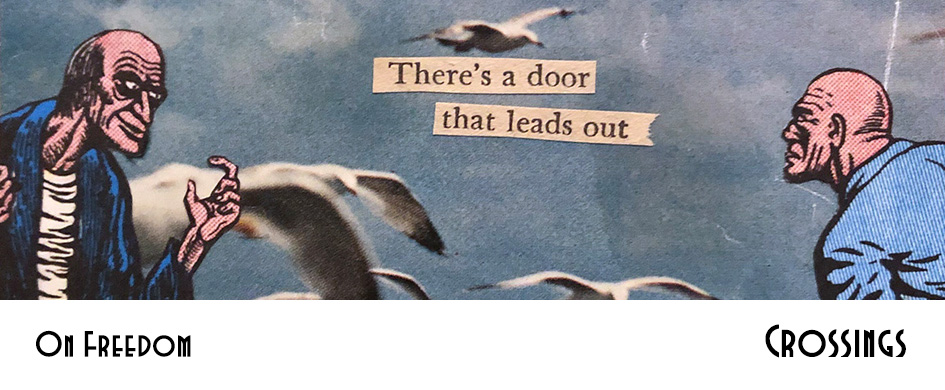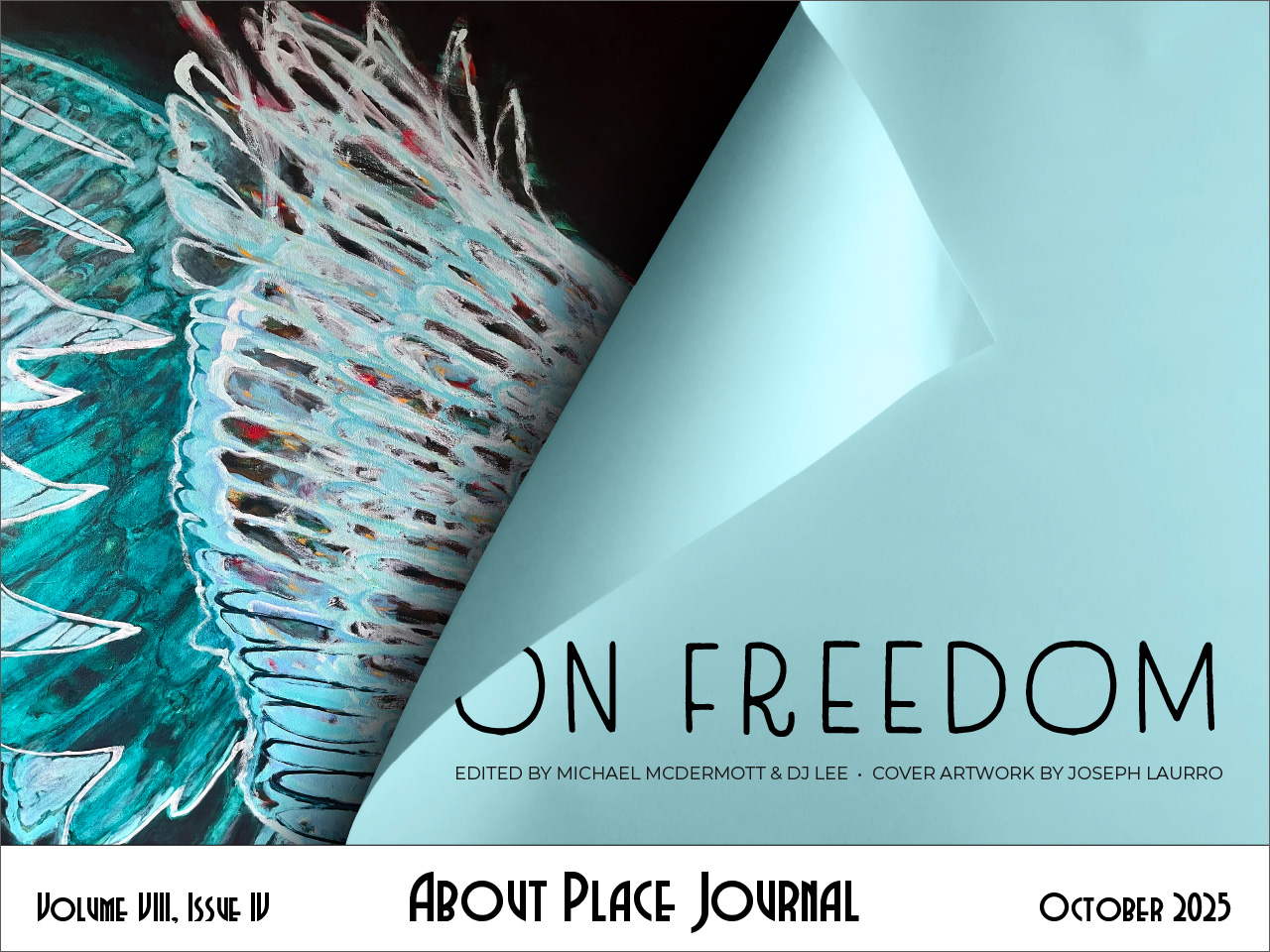“When one woman doesn’t speak, other women get hurt.”
–Terry Tempest Williams, When Women Were Birds
Sixty-eight years ago, my Aunt Norma Jean stood in a divorce court, listening. Choose between your children, the judge ordered: keep one, turn over the other to her husband. My aunt was twenty-five years old. Torn by the punishing judgment, she reasoned that if her husband hurt their daughter in a drunken rage, the six-year-old would be able to tell. Her three-year-old son might not. Doctors had blamed her for his intellectual disability, declaring she must have done something during her pregnancy to damage his brain cells. Gagged by their judgment, she still dared to make this desperate, unthinkable choice.
I never faced that kind of anguish. By the time I was twenty-five, women had access to birth control, credit, and—in nine states—no-fault divorce. Mindful of my aunt’s experience, I took advantage of all these rights. Worldwide other women claimed rights during the 1970s and ’80s, most dramatically perhaps in Afghanistan. Females’ access to education, employment, political representation, even divorce grew year by year there, at least in cities. For me, these strides occurred afar—before social media both enlarged my world and telescoped the distance. My focus during those decades remained personal: pursuing my career, building financial security, leaving my first husband and, when a caring man finally came my way, seizing happiness.
Later in life, Norma Jean shepherded me through widowhood. Her words, “You were always the steady one,” startled me. That was not how I remembered the child-me. But she saw me clear and true. Her knowing helped me swallow the stifled gasp when I returned to a house once shared, the mute stillness of hope lost. Separated by the pandemic and, later, my move across the country, we planned a reunion. Weeks before I arrived in fall 2024, she suffered a stroke and died.
Heartache traveled with me three months later when I flew on holiday to Tallinn, Estonia. Weighty, the ache lifted as a sleek glass elevator whisked me 344 feet high into the steeple of Nigulste Kirik, a church-turned-museum/concert hall. Aerial views of the walled Old City and Bay of Finland stirred awe, allaying my fear of heights. Mesmerized by the red-tile roofs glowing in mellow October light, I lost track of time.
Still awestruck, I boarded the elevator. Descending past the second floor, I glimpsed a display named the Sanctuary of Homeless Bells. My heart thrummed. Had these worn-down bronze artifacts been unearthed? Nazis destroyed an estimated 150,000 church bells from 1939 to 1945 throughout Europe, including Estonia. Risking their lives, people buried them in wartime to save the bells from being smelted down for bullets. Why, I understood. Every bell, I’ve read, has a voice—propelling the next hour, tolling a different life for the one who dies and for the ones left behind, warning of danger. Imposing silence on those communities ended a way of life attuned to the daily pealing.
Don’t we all have bells within us that have lost their voice? Did Norma Jean’s daughter? Raised in her father’s rough neighborhood, my cousin—born two months before me—joined a gang and left high school at sixteen. Her fate felt a hair’s breadth removed; I could not fathom why her, why not me. While I was earning a master’s degree, she gave birth several times, cycling through deadbeat boyfriends. Every weekend Norma Jean would bring her daughter diapers and groceries; my cousin’s addictions or unreliable men consumed any cash until, exhausted, my aunt cut off her unconditional support. Her daughter and grandchildren moved away. No forwarding address.
Norma Jean expressed her abiding sorrow only once at one of her rowdy Christmas parties. Ten years had passed since she last saw her daughter. Hours into the evening, she stood behind the bar, her body held still, earthy irreverence vanished, her words trembling. “You must all think I’m a terrible mother.” Perhaps no one else heard her; perhaps they preferred her bawdy humor. I stepped around the bar, put my arms around her, whispered, “We love you just the way you are.”
My fleeting look at the homeless bells recalled the sanctuary of our hug: two women embracing, like halves of one bell sounding a harmony neither of us could make alone. That memory resounded after I returned home, when misogynistic rhetoric echoed again and again on the presidential campaign trail. Our country was threatening to become one of several nations that targeted women’s freedom—most terrifyingly in Afghanistan. The day after the U.S. election, that country’s rulers, the Taliban, congratulated Americans for “not handing the leadership of their great country to a woman.” Reverberating like a lament, the memory arose of my aunt in a courtroom, head bowed, and bile rose in my throat.
Months earlier, the Taliban had banned singing or reading aloud in public by women. Expanding the edict on October 31, they prohibited women from praying aloud or reciting the Koran in front of other females. Exiled within their own country, Afghani women found a home in protest songs, “singing out the pain and suffering of decades.” In an online video three young females chanted, “the anthem of freedom again, again, freedom.”
Where, I ask myself, are they calling us? For their story is my aunt’s story, the story of women silenced time after time. Can we defy isolation like Estonians did during occupations of their country, rallying to sing banned hymns? Under Soviet rule, their Singing Revolution, which drew on folk songs traditionally performed by women, lasted four years until 1991, when Estonia declared independence. If our presence is not sanctioned in courtrooms or in houses of worship, can we make our home in places we transform to serve a broader purpose, like churches reimagined to shelter art and music?
These days, our only sanctuary might be with one another.
Wherever the women are calling us, fear can galvanize action, impelling us to take risks, to voice our dread when even everyday life becomes paralyzing. Our songs can begin with keening: for the dying women refused medical care, for single mothers forbidden to work and then jailed for begging. Or give voice to lullabies, sung so softly they cannot be heard outside underground schools for girls. However long it takes, our anthem can wake listeners to hear what we envision—like birds who sing in their dreams.


